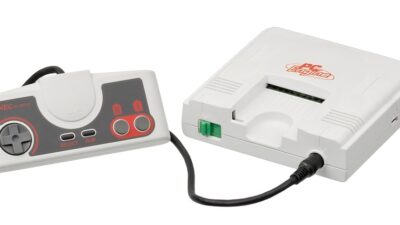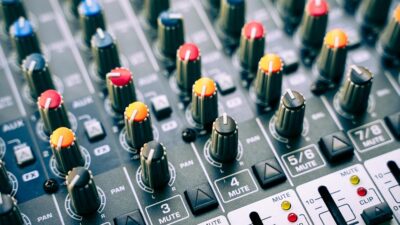Gaming laptops have come a long way in delivering powerful performance in a compact form factor. However, this power comes at a price: heat generation and noise. High-performance components like powerful GPUs and CPUs generate significant heat during intense gaming sessions, which can lead to thermal throttling, reduced performance, and an unpleasant noise level from cooling fans. Understanding how to maintain optimal temperatures and manage noise is essential for any serious gamer. In this article, we’ll explore practical tips to keep your gaming laptop cool under pressure.
Understanding the Heat and Noise Relationship
Heat and noise are two interconnected challenges when it comes to gaming laptops. As the internal temperature rises, the system’s cooling fans work harder to dissipate heat, which results in increased noise levels. If the temperature exceeds safe operating limits, the laptop may throttle performance to cool down, leading to a suboptimal gaming experience.
Why Does Heat Build Up?
- High-Performance Components: Modern gaming laptops are equipped with powerful CPUs and GPUs that require significant power, generating heat as a byproduct.
- Compact Design: Unlike desktop PCs with ample airflow and larger cooling systems, gaming laptops are designed to be portable, which often limits cooling capabilities.
- Dust Accumulation: Over time, dust can clog vents and fans, reducing airflow and degrading the system’s cooling efficiency.
Strategies to Keep Your Gaming Laptop Cool
1. Invest in a Quality Cooling Pad
Cooling pads are external accessories designed to enhance airflow around your laptop. They often come with additional fans that help to dissipate heat more effectively. When selecting a cooling pad, look for one with adjustable fan speeds and a design that fits your laptop model.
2. Optimize Airflow
Proper airflow is crucial for cooling. Ensure that vents are not obstructed by objects or surfaces. Use your laptop on hard, flat surfaces (like a desk) rather than soft surfaces (like beds or laps), which can block air intake.
3. Manage Your Settings
Adjusting your gaming and power settings can significantly impact performance and heat generation:
- Lower Graphics Settings: Sometimes, reducing settings like shadows, texture quality, and resolution can lower GPU demand, reducing heat output.
- Disable Background Processes: Close unnecessary applications while gaming to free up CPU resources and reduce heat generation.
4. Keep the Environment Cool
Ambient temperature plays a role in your laptop’s thermal management. Aim to use your gaming laptop in cooler environments, and consider using air conditioning or fans to lower the room temperature when gaming for extended periods.
5. Clean Regularly
Dust buildup can drastically impede your laptop’s cooling performance. Regularly clean your laptop’s vents and fans using compressed air. Make this part of your routine, every few months or as needed, to prevent overheating issues.
6. Update Drivers and BIOS
Manufacturers frequently release driver and BIOS updates that can improve thermal management and performance. Keeping your graphics drivers up to date can optimize performance and efficiency, leading to lower temperatures.
7. Monitor Temperatures
Utilize software tools to monitor CPU and GPU temperatures, fan speeds, and other performance metrics. Applications like HWMonitor or MSI Afterburner can provide real-time data that helps you understand how your changes are impacting system performance.
Managing Noise Levels
While keeping your laptop cool is crucial, noise management is equally important for an enjoyable gaming experience. Here are some strategies for minimizing fan noise:
1. Adjust Fan Profiles
Some laptops come with pre-installed software that allows you to adjust fan profiles. You can set the fans to run quieter during less-intensive tasks and rev up during demanding gaming sessions.
2. Consider Sound Dampening Pads
If fan noise is bothersome, consider placing your laptop on sound dampening pads that absorb vibrations and reduce noise transmission.
3. Use Headphones
Invest in a good pair of gaming headphones. Not only will they improve your gaming experience by providing better audio, but they will also help drown out the noise produced by cooling fans.
Conclusion
Managing heat and noise in a gaming laptop is essential for maintaining peak performance and ensuring a comfortable gaming experience. By investing in cooling solutions, optimizing settings, and performing regular maintenance, you can mitigate heat buildup and minimize noise levels. With these strategies in hand, you can enjoy your gaming sessions more thoroughly, focusing on the action without the distraction of overheating or incessantly loud fans. Happy gaming!



